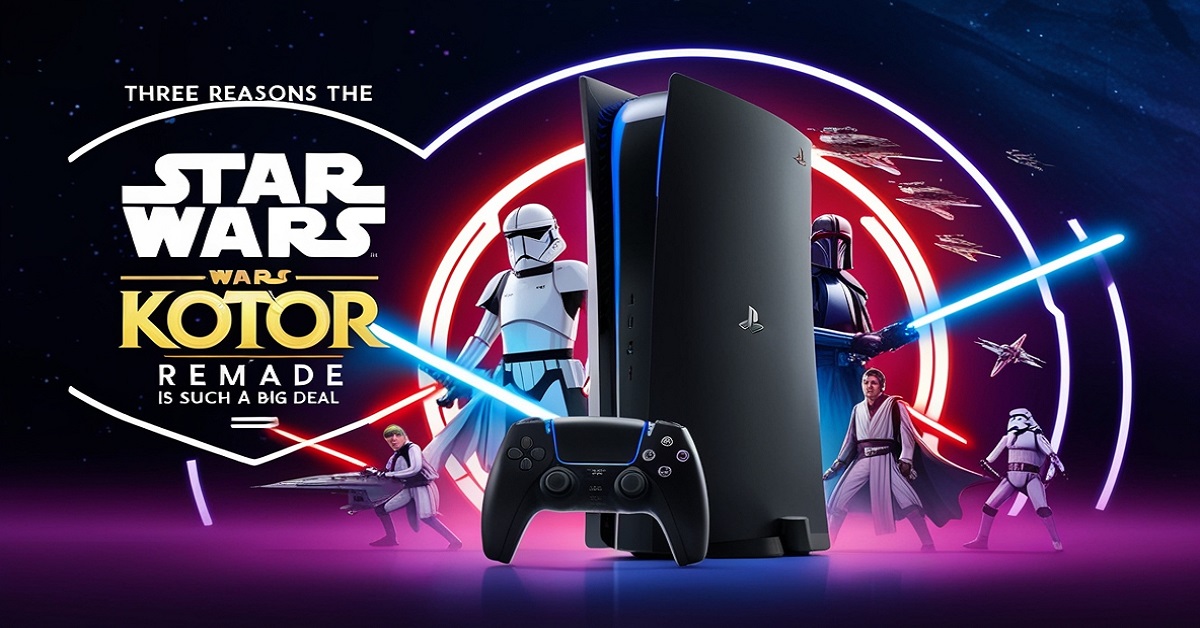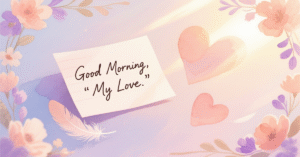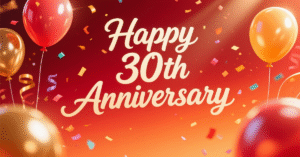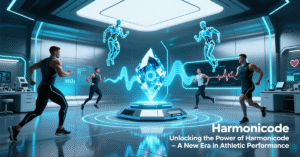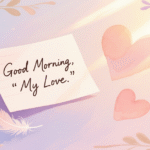Three Reasons the PS5 Star Wars KotOR Remake Is Such a monumental moment in gaming history. When Sony revealed the PS5 Star Wars: KotOR Remake at the PlayStation Showcase, the announcement sent shockwaves through the gaming world. Few games carry the same weight of nostalgia, cultural influence, and RPG innovation as Star Wars: Knights of the Old Republic (often shortened to KotOR). Originally released in 2003 by BioWare, KotOR became a defining CRPG—blending player choice, cinematic storytelling, and a richly realized Star Wars universe thousands of years before the films.
Now, nearly two decades later, this remake represents more than a fresh coat of ray-traced paint. It’s a chance to bring one of the most important role-playing games in history to a new generation, while rekindling the passion of longtime fans who spent countless hours exploring its galaxy. Let’s break down why this remake is such a monumental event in both Star Wars lore and video game history.
Returning to a Beloved Star Wars World with New Possibilities
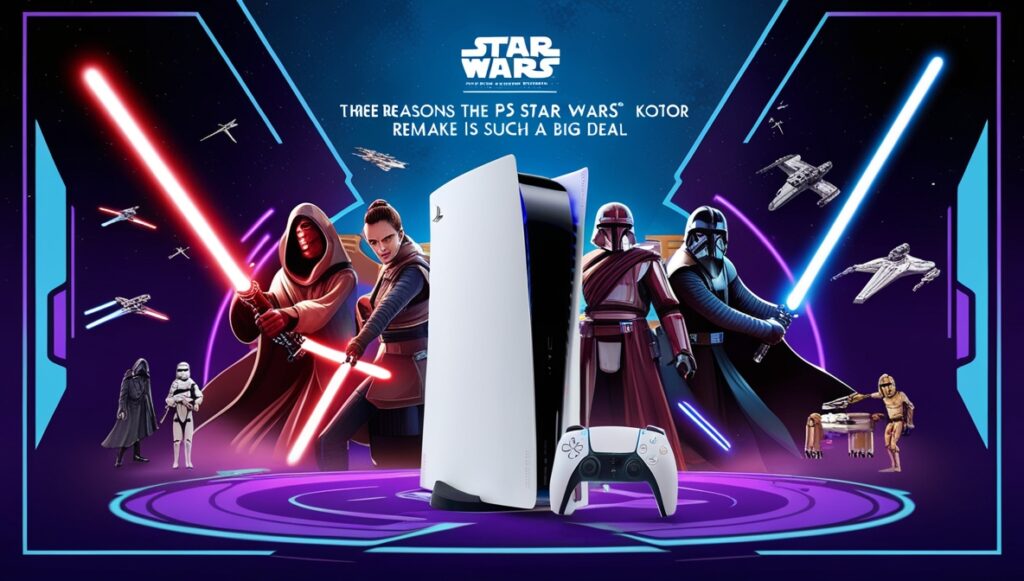
Setting KotOR Apart in the Star Wars Timeline
Unlike most Star Wars games tied directly to the movies, KotOR carved its own path. Set 4,000 years before the Skywalker saga, its narrative unfolded during the Old Republic era, when Jedi and Sith clashed at their full strength. This creative choice gave BioWare room to build original stories without stepping on the toes of George Lucas’s film canon.
KotOR drew inspiration from the Tales of the Jedi comics, weaving together lore that felt both authentically Star Wars and refreshingly distinct. As a result, it expanded the franchise beyond the familiar battles of Tatooine and Endor, offering players new planets like Taris, Dantooine, and Korriban.
This freedom let the developers explore themes of morality, loyalty, and political corruption on a scale rarely seen in Star Wars media at the time.
Nostalgia and Fan Loyalty
For many players, KotOR was the RPG that defined their teenage years. Its replayability was legendary. Some fans ran through the campaign a dozen times or more, experimenting with Light Side and Dark Side choices to see how far the story could bend.
Moral dilemmas—whether saving refugees or unleashing cruelty on the weak—left a lasting impression. The choices shaped not only your character’s appearance and powers but also how the galaxy perceived you. This kind of narrative depth was groundbreaking in 2003.
Even today, KotOR enjoys an active fan base. Mods for the original PC release remain popular on sites like Nexus Mods, where community developers restore cut content or enhance visuals. The game consistently ranks on “Best RPGs of All Time” lists from outlets like IGN and GameSpot.
This enduring loyalty explains why the PS5 remake announcement was met with both cheers and apprehension. Fans want the nostalgia preserved—but updated to fit modern standards.
Modern Enhancements on PS5
Remakes walk a fine line between authenticity and modernization. A faithful remake respects the original’s narrative and tone while enhancing graphics, controls, and accessibility.
On PS5, KotOR will likely benefit from:
- Ray-traced graphics and 4K textures for cinematic realism.
- Faster load times thanks to the console’s SSD.
- Adaptive triggers and haptic feedback for lightsaber combat and Force powers.
- Streamlined controls compared to the sometimes-clunky menus of the 2003 release.
We’ve seen other successful remakes strike this balance. Final Fantasy VII Remake reimagined combat while staying true to beloved story beats. Demon’s Souls on PS5 proved that a faithful recreation, with upgraded visuals and subtle tweaks, could still thrill fans two decades later.
If KotOR’s remake follows a similar philosophy, it could become the definitive version of a Star Wars classic.
The Dark Side’s Influence and Moral Choice System
Groundbreaking Player Agency in RPGs
Long before morality systems became a staple of RPGs, KotOR gave players genuine control over their story arc. Decisions weren’t cosmetic—they fundamentally altered the game’s direction.
- Help the poor on Taris or exploit them.
- Broker peace between feuding families—or incite bloodshed.
- Train as a noble Jedi Knight—or embrace the Dark Side and rise as a Sith Lord.
Each choice rippled through the narrative, affecting not just dialogue but party members, missions, and even the ending. Your character’s physical appearance also shifted, with Dark Side players gaining a gaunt, corrupted look.
This level of player agency set a precedent. Later BioWare titles like Mass Effect and Dragon Age built upon KotOR’s morality system, cementing it as a studio trademark.
Thematic Depth – Republic in Decline
KotOR wasn’t just about good and evil. It captured the slow decay of the Republic, mirroring real-world political instability. The narrative blurred the lines between justice and tyranny, making players question what it truly meant to be a hero—or a villain.
This thematic nuance stood in contrast to the films, which often framed morality in binary terms. KotOR’s galaxy was messier, filled with corruption, flawed leaders, and characters wrestling with doubt.
It made every decision weightier. The story didn’t just ask “Will you be a Jedi?” It asked, “What kind of Jedi—or Sith—will you become?”
Memorable Dark Humor and Characters
No discussion of KotOR is complete without mentioning HK-47, the assassin droid infamous for calling humans “meatbags.” His dark humor, delivered with gleeful malice, became one of the game’s most quoted features.
As HK-47 sparred verbally with Jedi Bastila Shan or cracked jokes about slaughter, the game offered rare comic relief amidst otherwise heavy themes.
This tonal balance—dark choices offset by levity—was part of BioWare’s genius. It kept the narrative engaging without overwhelming players. The remake must preserve these moments of humor to keep KotOR’s soul intact.
Strong Characters and Industry-Leading Voice Acting
Iconic Performances that Shaped KotOR
At the heart of KotOR’s success were its richly developed companions. Characters weren’t just sidekicks—they had arcs that evolved based on your decisions.
- Bastila Shan, voiced by Jennifer Hale, became an instant fan favorite. Her struggle with loyalty, emotion, and the Force mirrored the player’s moral journey. Hale’s performance is still celebrated as one of the best in RPG history.
- Carth Onasi, the loyal but skeptical pilot, embodied themes of trust and betrayal.
- Jolee Bindo, a “gray Jedi,” challenged the rigid dichotomy of Light vs Dark.
In 2003, KotOR stood out as one of the first fully voiced RPGs. This was a huge leap forward for immersion at the time.
Fan-Favorite (and Controversial) Companions
Not every character was universally beloved. Mission Vao, the teenage Twi’lek, divided opinion. Some found her youthful energy refreshing, while others thought her tone clashed with the darker themes.
Yet that contrast was deliberate. BioWare’s design philosophy often included mixing lighthearted personalities with serious figures, creating dynamics that mirrored real human interactions.
Whether adored or criticized, characters like Mission gave KotOR’s team a sense of diversity and unpredictability that made the journey feel alive.
Why Voice Acting Still Matters in the Remake Era
Modern RPGs are expected to deliver cinematic-quality performances, blending motion capture, nuanced writing, and strong voice direction.
The KotOR remake has the chance to reintroduce classic characters with new levels of realism. Imagine Bastila’s emotional turmoil brought to life with today’s motion-capture tech, or HK-47’s snide insults enhanced by more expressive animation.
Great performances remain the bridge between players and story. If the remake nails the acting, it will preserve the emotional weight that made KotOR unforgettable.
Beyond Nostalgia – Why This Remake Matters to the Gaming Industry
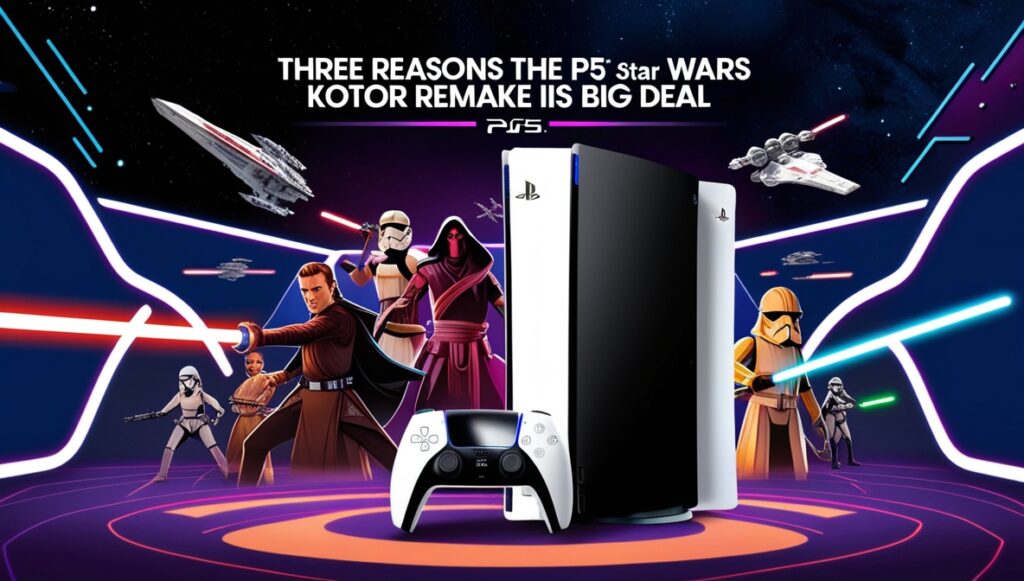
KotOR’s remake is part of a broader wave of remakes redefining the industry. Resident Evil 2 (2019) sold over 12 million copies (Capcom, 2024), proving modern players will embrace classics if reimagined well. Square Enix’s Final Fantasy VII Remake sold 3.5 million copies in its first three days, setting a precedent for faithful yet fresh retellings.
KotOR belongs in this conversation. In the early 2000s, it pushed CRPG standards higher, standing alongside Baldur’s Gate and Neverwinter Nights. Its influence stretched beyond Star Wars fans, shaping the RPG genre as a whole.
If successful, the PS5 remake could revive interest in high-budget CRPGs, a genre that has largely been overshadowed by action RPGs and live-service titles in recent years.
Concerns and Hopes from the Fan Community
No remake comes without controversy. Fans worry:
- Will the developers alter the story to fit modern tastes?
- Could they redesign characters in ways that break continuity?
- Will mechanics become oversimplified, losing KotOR’s depth?
These concerns are valid. Other remakes, like Warcraft III: Reforged, suffered backlash for cutting features or mishandling the original’s spirit.
However, transparency can ease doubts. By confirming a commitment to authentic storytelling, while modernizing only where necessary, developers can strike the right balance.
Fans don’t want a different KotOR. They want their KotOR—reborn.
FAQs About Three Reasons the PS5 Star Wars KotOR Remake Is Such
Will the KotOR remake change the original story?
Developers have suggested the remake will remain faithful, though some updates may modernize dialogue or mechanics.
Is the PS5 remake exclusive?
At launch, it’s expected to be a timed PlayStation exclusive, with potential PC availability later.
Why was KotOR so influential?
It pioneered morality-driven gameplay, deep companion relationships, and cinematic storytelling in RPGs.
Who voiced Bastila Shan in the original game?
Jennifer Hale, an award-winning voice actress known for roles in Mass Effect and Metal Gear Solid.
Conclusion: A New Time for an Old Favorite
The PS5 Star Wars: KotOR Remake isn’t just another nostalgic cash grab. It’s a revival of one of the most influential RPGs ever created.
- It returns us to a unique era of Star Wars history rarely explored elsewhere.
- It reintroduces a groundbreaking morality system that shaped the RPG genre.
- It brings back unforgettable characters, whose voices and arcs remain iconic to this day.
For fans who grew up navigating the Light and Dark Sides, this remake is a chance to relive defining gaming memories. For newcomers, it’s an opportunity to experience one of the medium’s greatest achievements—rebuilt for today’s standards.
Whether you’re nostalgic for Bastila Shan’s guidance, HK-47’s sarcastic insults, or the thrill of shaping the fate of the galaxy, one thing is certain: this remake has the potential to be just as important in 2025 as the original was in 2003.
